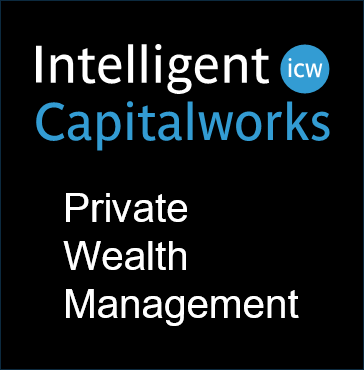If you’ve received a year-end bonus, you’ve got reason to celebrate. But if you’re like many people, you may also be experiencing some anxiety.
There seem to be countless ways to use your windfall, after all. And since bonuses come just once a year, you may be feeling pressure to make the right decision.
A smart first step in this decision-making process is to take a deep breath. You are in control of your money and not the other way around. Let’s take a look at some of your options.
Pay down debt.
Improving the ratio of your income to debt can help lay the groundwork for long-term financial success. Your credit card balances—particularly those with higher interest rates—weigh you down on your journey to meeting your long-term goals.
When you train your guns on your credit cards, focus on those higher-rate cards first. Retiring their balances means you will pay less in interest expense over time.
Create an emergency fund.
Having a fund to draw from when unexpected expenses crop up can keep you from busting your budget. You should envision everything from an auto repair to losing your job.
Emergency funds should contain between three and 12 months of living expenses. Keep the money in a separate, liquid account.
Max Out Your Retirement Account.
If you haven’t made the maximum contribution to your 401(k) or IRA, consider using your bonus to do so. Socking as much as legally allowable into your 401(k) plan is a great way to maximize any employer matching contribution and to help your future self retire a little more comfortably. Fully funding your 401(k) lets you reduce more of your current year taxable income. And adding funds to these tax-deferred accounts allows you to use your deferred income taxes to build your net worth far into the future.
Spoil Yourself.
Some retirement savers are a bit too puritanical: They think of fun as something they’re saving for in the future. In fact, we all need a healthy balance of preparing for the future and enjoying the present. To those about to splurge, our advice is to focus not on toys but on experiences—especially those that can bring you and people you care about closer.
The experiences-over-stuff argument has scientific backing. Research from Cornell University showed that people derive more retrospective enjoyment and satisfaction from their experiential purchases than from their material purchases. So instead of redesigning the kitchen, you might consider an exotic vacation with your family.
If you just can’t choose how to spend your bonus, consider splitting it among more than one option. The bottom line: Spend your bonus thoughtfully, and in a way that feels most likely to bring you genuine, lasting benefits rather than a fleeting thrill.
If you would like help reviewing your situation, we may be able to help. That’s just part of what we do.



















